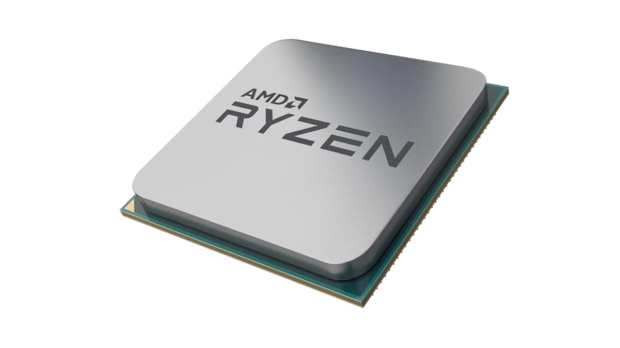AMD's Zen 5 processors have just been the subject of a couple of fresh leaks, although this latest spillage - from two well-known YouTube leakers - can't agree on how fast these next-gen CPUs could be.
The YouTubers in question are Moore's Law is Dead (MLID, see the video above) and RedGamingTech (RGT, see the video below), both of whom have provided pretty big info dumps on Zen 5 (likely to be Ryzen 8000 CPUs, though we don't know that for sure).
We're told via these leaks that Zen 5 could be made on both 4nm and 3nm processes at TSMC, with desktop chips set to use 4nm apparently, and 3nm will be for some APUs (others will be 4nm) and also next-gen server chips.
The big news is the expected overall performance increase for these processors compared to the current Ryzen 7000 range, and on that score, RGT believes that Zen 5 will benefit from an IPC (Instructions per Clock) uplift of 20% to 25%.
One source told RGT that this would be over 25% for single-threaded tasks, which is something we've heard from the leaker before (indeed, RGT previously mentioned perhaps up to 30% for single-thread performance).
MLID is more cautious, or rather, the leaker's sources are, contending that Zen 5 will bring in an IPC boost of at least 15%. That doesn't rule out something more to the tune of 25%, of course, but it's clearly pitched lower than RGT's estimations. MLID reckons that 20% is the most realistic proposition, adding that no source believes that AMD can get anything more than 26% absolute tops.
At this point, though, even sources close to next-gen chip development at AMD have only that - estimations. It's still very much early doors for Ryzen 8000, of course.
Cache cows
Both leakers agree that we can expect beefier cache sizes, which will be part of the speed boosts, as well as all that tuning on the architecture front that happens with every new generation of desktop processors.
MLID notes that there will be a wider front-end capable of piping through more instructions simultaneously, and more resources on the back-end. Everything has been overhauled and polished essentially, so you can expect sizeable performance increases with Zen 5.
Clock speeds are likely to be bumped somewhat as well, but perhaps only modestly - MLID provides a guestimate of something like 2% to 9%, so maybe we're looking at 5% or so. We won't get the same double-digit clock speed boosts that we saw with Zen 4; put it this way.
As for core counts, AMD will likely stick with 16-cores (32-threads) for the flagship once again, at least for the initial launch, but MLID also says it's theoretically possible AMD could push harder further down the line. In other words, a 32-core model might just emerge eventually, built on 3nm (rather than TSMC 4nm, which is what the initial Zen 5 desktop range would be).
We'd tend to side with MLID estimating a 20% performance boost here, as higher than that seems unlikely (though of course, not unfeasible). And indeed, 20% would still represent a major leap for Ryzen 8000 processors.
When will these next-gen desktop CPUs arrive? You may have recently seen rumors that Zen 5 could turn up late this year, but those proved incorrect, as we just reported. (As a side note, Ryzen 8000 chips might actually arrive late in 2023, but these will be low-end APUs, not Zen 5 parts).
Zen 5 processors are set to launch at some point in the first half of 2024, and MLID tells us that AMD might well manage to release the initial batch of desktop CPUs in the first quarter. Or at least that's what some sources believe, anyway, and as ever, take all of this with a whole heap of skepticism.


